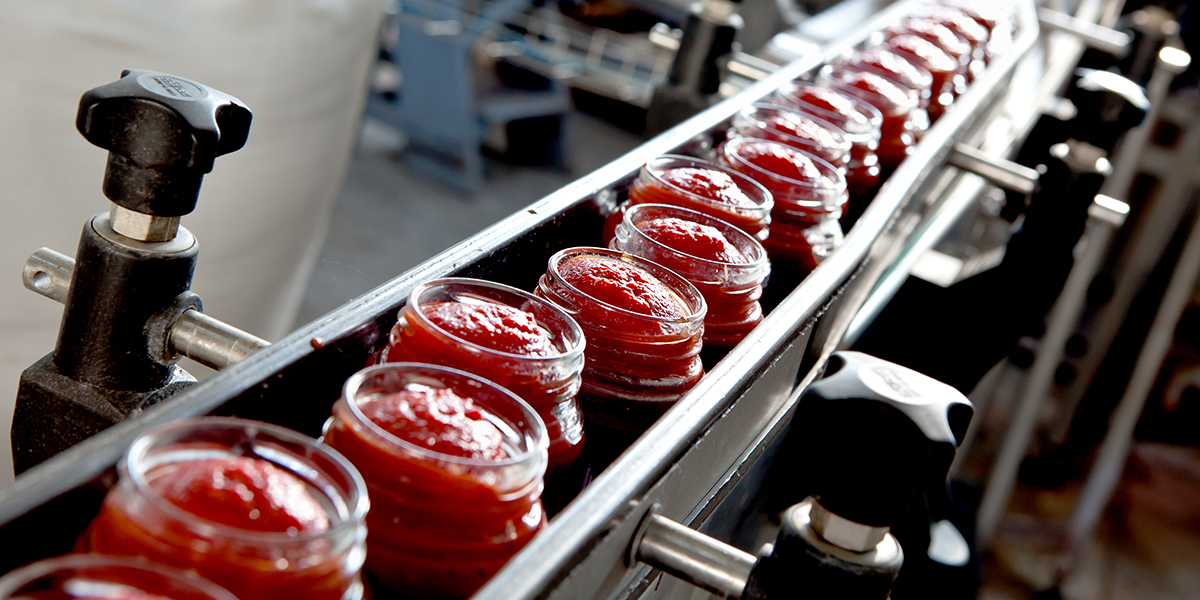Introduction
Food security is a critical element of contract food manufacturing in Australia. With the growing demand for comfort and ready-to-eat products, agreement food makers play a vital role in producing safe and also high-quality food products. In this post, we will certainly check out the guidelines and standards that regulate contract food manufacturing in Australia, making certain that customers can trust the items they purchase.
Understanding Contract Food Manufacturing
Contract food production entails outsourcing the production of food products to a specialized manufacturer. This permits firms to concentrate on various other elements of their company while ensuring that their products are generated according to industry standards. These makers have actually specialized facilities, equipment, and experience to fulfill the specific needs of different food products.
What is Contract Food Manufacturing?
Contract food manufacturing describes the process of hiring a third-party producer to create food products on behalf of a firm. The agreement supplier looks after numerous stages of production, consisting of sourcing active ingredients, handling, packaging, labeling, and even circulation. This arrangement permits business to scale up their manufacturing without buying extra infrastructure or manpower.
Benefits of Contract Food Manufacturing
Cost Effectiveness: By contracting out production to a contract maker, firms can save money on prices related to facilities, tools, labor, and governing compliance. Expertise as well as Field of expertise: Contract suppliers have comprehensive knowledge and experience in generating particular types of foodstuff, guaranteeing premium quality and consistency. Scalability: As demand for an item boosts, agreement suppliers can quickly scale up production without disruptions. Focus on Core Competencies: Business can concentrate on advertising and marketing, sales, and item growth while leaving the manufacturing procedure to experts. Access to New Markets: Agreement producers commonly have actually developed circulation networks that can help business expand their reach right into brand-new markets.Australian Laws for Agreement Food Manufacturing
Australia has rigid guidelines as well as guidelines in position to ensure the security and also quality of food products. Contract food makers must follow these regulations to run lawfully and fulfill consumer expectations.
Food Security Criteria Australia
Food Safety And Security Standards Australia (FSSA) sets out the regulatory demands for the production, processing, as well as handling of food in Australia. These requirements cover various elements, consisting of hygiene practices, handling of allergens, labeling requirements, and also traceability of ingredients. Agreement food manufacturers have to abide by these requirements to guarantee the safety and honesty of their products.


Good Production Practices (GMP)
Good Production Practices (GMP) are a set of standards that outline the minimal requirements for the production procedure. These methods cover areas such as facility style, equipment upkeep, workers hygiene, item testing, and also quality assurance. Following GMP makes certain that food are created in a clean as well as regulated environment, decreasing the danger of contamination.

Food Classifying Demands in Australia
Accurate and also clear labeling is vital to inform consumers about the web content and possible allergens present in a food product. The Australian Food Specification Code describes particular requirements for labeling, consisting of necessary information such as active ingredients listing, allergen statements, nutritional information panel, as well as native land labeling. Contract food suppliers should make certain that their products are identified properly to follow these regulations.
HACCP (Risk Evaluation Important Control Factor)
Hazard Evaluation Crucial Control Point (HACCP) is a methodical method to identifying as well as managing potential hazards in the food production process. This precautionary system consists of determining possible threats, establishing vital control factors, keeping an Custom food recipes eye on procedures, restorative activities, verification activities, and also record-keeping. HACCP plays an essential duty in guaranteeing the safety and security of foodstuff by identifying and reducing dangers at each stage of production.
Quality Assurance Programs
Quality guarantee programs play an essential function in preserving constant high quality throughout different batches of food products. These programs include normal testing as well as analysis of basic materials, ended up products, as well as environmental conditions to ensure conformity with quality standards. Contract food manufacturers typically have durable quality assurance programs in place to satisfy the assumptions of their clients as well as regulative bodies.
Food Security Audits
Regular food safety audits are conducted by regulative bodies to evaluate the compliance of contract food manufacturers with relevant policies and standards. These audits assess various facets, including center tidiness, personnel hygiene techniques, record-keeping, devices upkeep, and also adherence to HACCP concepts. Agreement food manufacturers must undertake these audits to show their commitment to creating risk-free and also premium food products.
Compliance with International Standards
In addition to Australian laws, contract food producers might likewise require to comply with global standards depending on their target audience. International requirements such as ISO 22000 (Food Safety And Security Monitoring System) as well as BRC Global Standard for Food Safety supply added frameworks for guaranteeing food safety and also high quality. Abiding by these criteria can improve the online reputation of agreement food producers and also open up chances for exporting their products.
FAQs regarding Contract Food Manufacturing in Australia
What is agreement food manufacturing?- Contract food manufacturing refers to contracting out the production of foodstuff to a specialized manufacturer.
- Companies pick contract food manufacturing for price effectiveness, proficiency, scalability, concentrate on core expertises, and also access to new markets.
- The policies consist of Food Safety Standards Australia (FSSA), Great Manufacturing Practices (GMP), Food Labeling Demands, HACCP, Quality Control Programs, and also Food Security Audits.
- Contract food suppliers ensure security via compliance with guidelines, carrying out GMP techniques, complying with HACCP concepts, maintaining quality assurance programs, and going through regular audits.
- Yes, depending upon the target audience, agreement food suppliers may require to adhere to global requirements such as ISO 22000 and also BRC Global Criterion for Food Safety.
- Companies can evaluate the top quality of agreement food makers via audits, qualifications, record, conformity with regulations, and credibility in the industry.
Conclusion
Ensuring food safety is of paramount importance in contract food manufacturing in Australia. By sticking to guidelines, implementing best methods, and also preserving strenuous quality control steps, contract food makers can produce secure and top notch foodstuff. This not only builds consumer trust fund yet also helps business meet their business goals. As the demand for contract food manufacturing remains to increase, it is critical for both producers and companies to remain upgraded with the latest regulations and also industry fads to provide items that fulfill the greatest requirements of safety and security as well as quality.